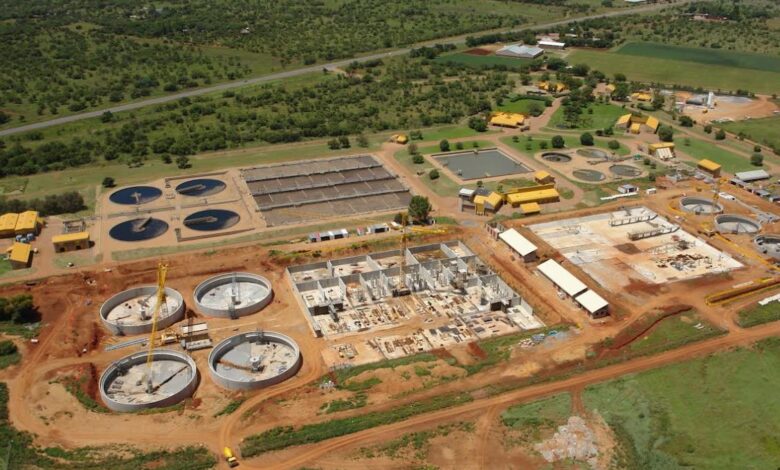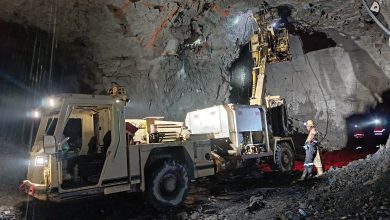
Stability in civil engineering sector underpins future success
South Africa looks forward to a step-change in infrastructure investment in 2025, which will build on nearly ten years of industrial relations stability in the civil engineering sector.
It has been a lean decade for the country’s civil engineering contractors and their employees, but formal agreements and regular engagement between stakeholders have held the industry together, explains Lindie Fourie, Operations Manager at the Bargaining Council for the Civil Engineering Industry (BCCEI). The year ahead looks much more promising, with over R320 billion currently planned for public infrastructure projects alone.
“The industry’s employer’s organisations, trade unions and their respective members are looking forward to responding to these national priorities, having maintained a stable industry that clients can confidently entrust with large and complex projects,” says Fourie. “The fact is that – despite difficult economic times for the sector – there have been back-to-back collective agreements and no industry strikes for nearly a decade.”
Inclusivity and performance
This achievement was borne out of continuous engagement between the parties, facilitated by the BCCEI, which focused not only on wages and working conditions but on various factors that would enhance the industry’s inclusivity and performance.
“The parties had the foresight to include ‘peace clauses’ in their agreements, for instance,” she explains. “This means that there can be no strikes or lock-outs in support of anything that is covered in the collective agreements.”
Commitments like these send a clear and positive message to clients and investors, paving the way for the smooth roll-out of projects into the coming years. The resulting stability helps to mitigate project risk by ensuring that all parties are working to a constructive set of agreed guidelines.
“It also helps clients and contractors to plan more accurately for the financial requirements of each project,” she says. “When projects can be cost effectively priced, and delivered on-budget and on-time, this means that government and tax-payers are getting the best possible value for money on infrastructural investments that build the economy and broaden opportunities for all.”
A core role of the BCCEI is to facilitate the negotiations of collective agreements between civil engineering companies’ employers’ organisations and trade unions, while involving other key industry stakeholders such as the Department of Employment and Labour. However, Fourie emphasises that the council is a valuable platform for any concerns that parties need to raise.
“The BCCEI is there for the industry, so it is important for all companies in the sector to register, participate and give their input and feedback,” she says. “There will be engagements and negotiations again this year, and this is a great opportunity for stakeholders to influence the direction of their industry.”
She pointed to the challenges that members encountered with the construction mafia, and how the BCCEI helped to raise awareness of this issue and work towards collaborative solutions. Other pressing topics include training, health and safety and contractual obligations – which the BCCEI is often able to take forward by engaging relevant agencies and organisations.






